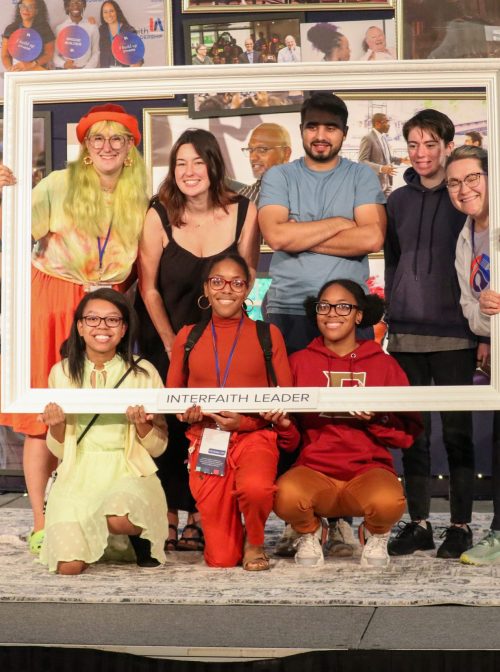On Friday, August 4, IA kicked off the Interfaith Leadership Summit weekend with the “Welcome to the Feast” plenary session.
In this session, Eboo Patel moderated a discussion with interfaith leaders who, pulling from their faith and ethical commitments, use food to support their communities and contribute to the Potluck Nation. In a Potluck Nation, when everyone is invited to share their best and favorite traditions, the feast is enriched, and we all have a chance to be fed.
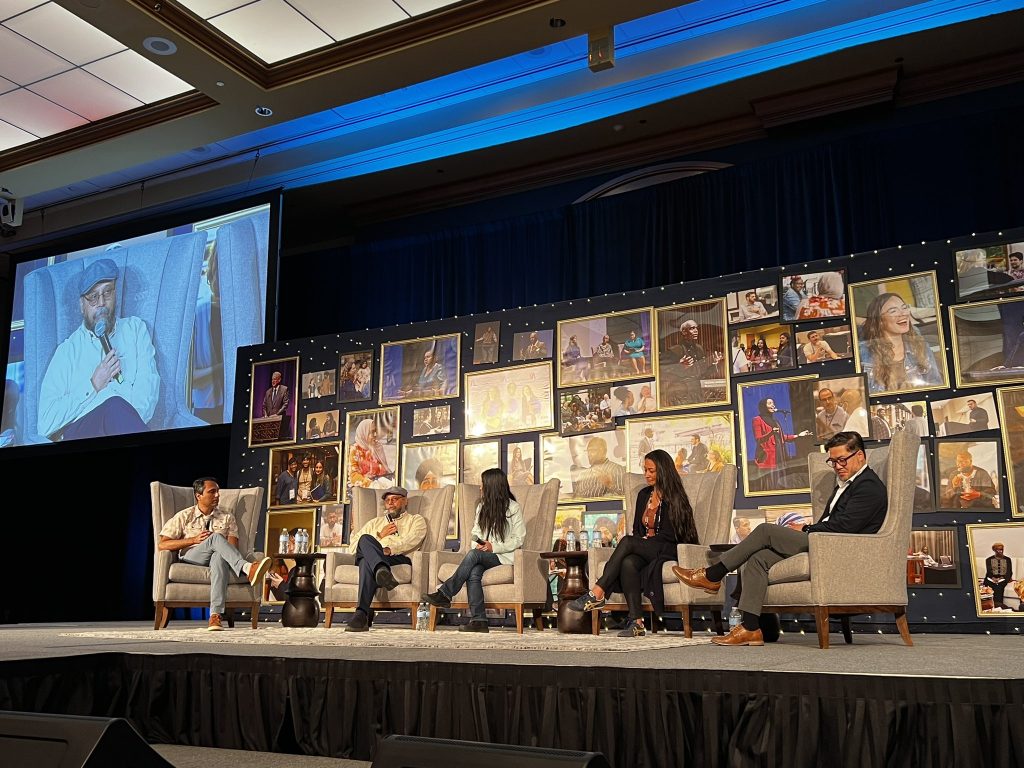
Learn more about the panelists’ work and read below some of our highlights from Friday’s plenary conversation with Rev. Eugene Cho, Tif Ho, Sara Moncada, and Ravi Singh.
The following excerpts from the plenary session have been edited for clarity and length.
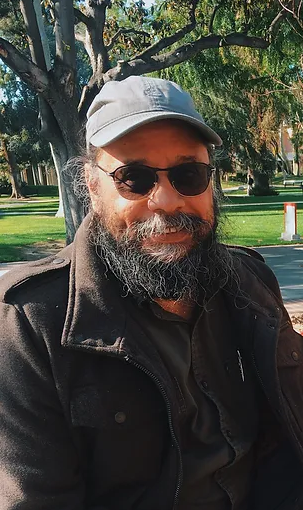
Ravi Singh
Founder of Khalsa Peace Corps, including Share A Meal
“We have a program called ‘Share A Meal’ under the umbrella organization Khalsa Peace Corps. The word Khalsa means pure, totally pure, and it comes from the Arabic work khaas. It touches the unconscious, the cellular, and it brings peace and content through service. That is what we do through our flagship program.”
“There is a personal story behind the Share A Meal program. We used to live in Santa Monica, California, a very wealthy area. Ours was a corner house and there we found both in the back alley and on the sides a lot of homeless people going through our trash cans and eating from that. Obviously, coming from India, I was really disturbed that I can understand that happening in a poor country; people begging and eating off the trash. But what is wrong with this wealthy country? My wife Jacquie and I are an interfaith family, she is raised Christian, and I am Sikh, but we have the same values… in our tradition (Sikhism), we have langar, which means anchor, an anchor that builds community. Food was the main reason people would sing the hymns, then stay over, serve each other, and build community. So, Jacquie and I decided to take the food to meet the homeless people where they are. We began by serving on Skid Row in a van, then a trailer, then from there we had students helping from USC, and now we go out on various locations all around Los Angeles.”
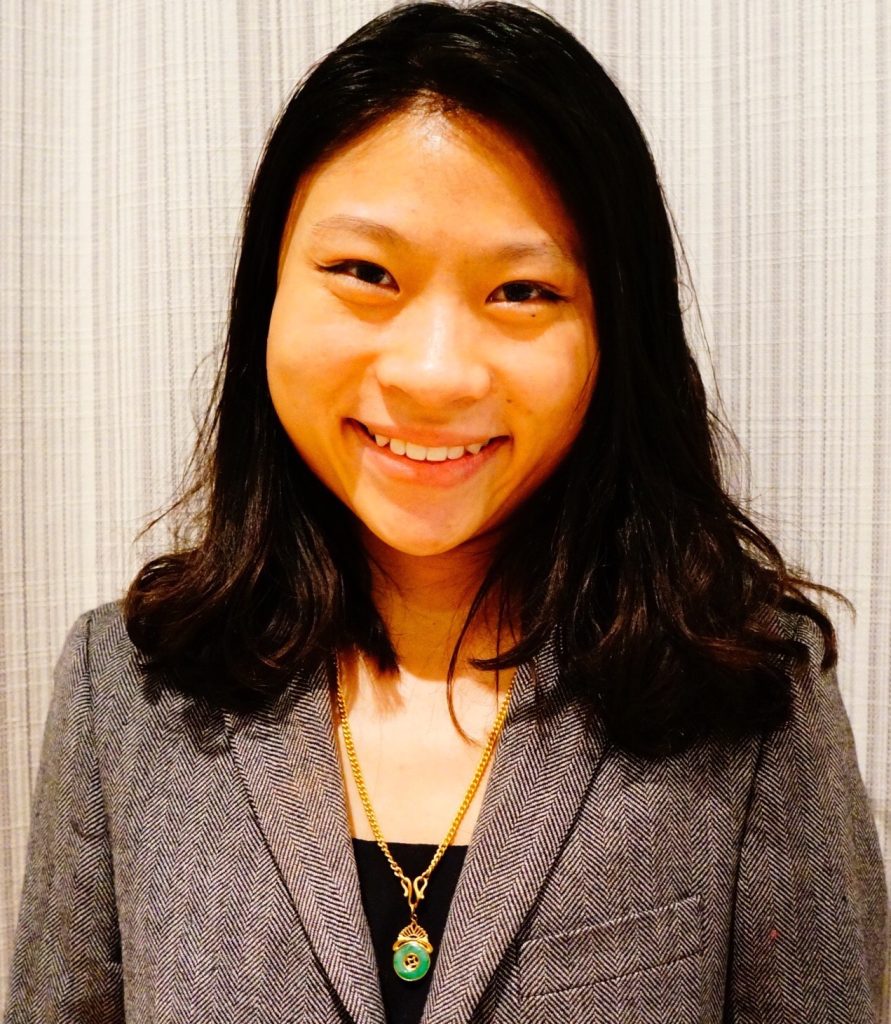
Tif Ho
Executive Director of GO Humanity
“My family background is we are a Buddhist family, [and] the origin of Buddhism is from India. The story is, just very briefly, a prince leaves his home, and he travels throughout India and is meeting everyone from all these different castes. And then, as he is going on his journey, he understands that people, no matter where they come from, are all humans. That was something that always resonated with me as I grew older.
Buddhism traveled throughout India to parts of East Asia and throughout the world. And along the way, in a potluck style, people brought their own traditions to Buddhism. And so, that was important to me, growing up, and as I got littler, I did not know what to call this value. I came across GO Humanity, and GO Humanity, put it into words remain, humanism, this connection, where everyone has something to give, and we all have a responsibility towards each other. That really resonated with me. And I had, you know, I met with the board of GO Humanity, a wonderful org, and explored more of this before deciding this is what I want to do. Especially GO Humanity, one of the things that we focus on is food and how food brings people together, connection. And that is also a big part of Buddhist tradition. Oftentimes, after you go to Buddhist ceremony, we share food afterwards. And so that made me think about how there are people out there who don’t necessarily have that same access to, how can we share with them what we have? And how can we make it about connecting, because food is not nourishment, it is about that human connection.”
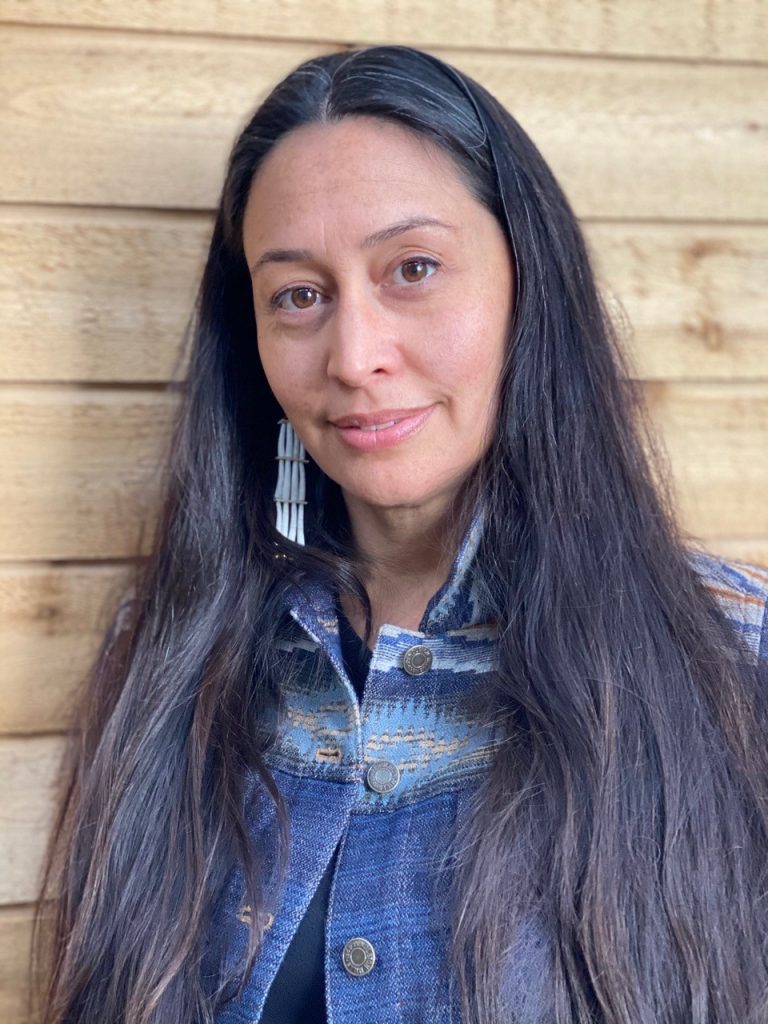
Sara Moncada
CEO of The Cultural Conservancy. Native educator, dancer, filmmaker, author, and cultural arts advocate.
“And one of the things that I figured out … which I didn’t know was true, is that you could be in service to your community also turn that into a professional calling.”
“I do not know how to separate my embedded cultural spiritual space, from the economics of food. And that is an interesting path but it is part of the path of what brought me to The Cultural Conservancy because one of the many programs that we run is Native Foodways program. That program is based and grounded in the revitalization of our tradition. As Eugene [Cho] was talking about earlier, we are in an American reality right now, that has a lot of food injustice, a lot of food insecurity…. And most of that is because we are just deeply dislocated from our traditional food systems.
When colonization happened and forced relocations, and other systems happened, one of the first things they did was stop access to traditional foods and give you commodity food boxes, like Kraft cheese, and white flour, which were things Indigenous nutritional systems had not experienced before. And the results many generations later, our incredible diabesity, which we put together as a new term of diabetes and obesity, which is a huge epidemic in our Indigenous communities. So, the way we try and solve that is by introducing your back to systems come to the land projects that we run…. We are finding that when we reintroduce the systems, we are reversing those health problems… perhaps if we just turn it back into right relation, we will get back to those songs, those dances, those foods, those lands, and those waters.”
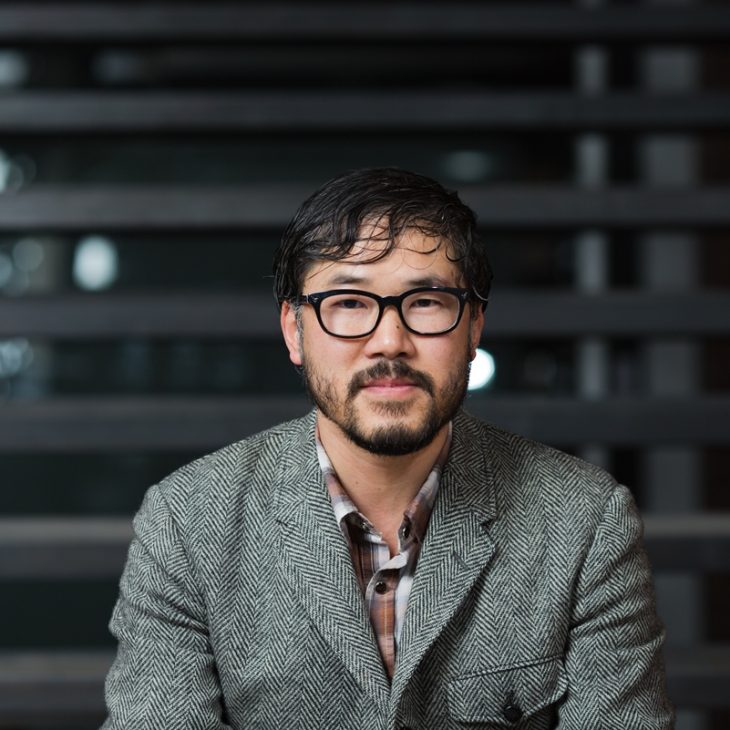
Eugene Cho
President/CEO of Bread for the World
“Because of my parents’ stories, and my grandparents’ stories, hunger and poverty, doing the work of compassion and justice, it’s deeply personal. It’s not just something that is what good human should do. It’s been a very personal part of the story.”
“But many years ago, like 20 or so years ago, when we were starting our own church, things didn’t quite turn out the way that my Excel sheet had imagined things to go. And it was tough.”
“But I remember during that time, we had to get on food stamps as a family. And it was a new experience, it was challenging. But the reason why I share that story is as a pastor, and I’ve been a pastor for about 30 years, before my role into Bread for the World. I remember sharing the story of our family, getting on food stamps during a very difficult season. And what stunned me was the number of emails and conversations from my own congregation that shared, ‘Me too. This is what we’re going through right now.’ And I feel like, even as a pastor, trying to be empathetic and sensitive to my congregation that indirectly, unknowingly, sometimes we’re part of a larger culture that creates a stigma around hunger… I was stunned by the number of people that share that this was their reality.”
“The two greatest commandments from a Christian worldview [are] to love God and to love our neighbors. Jesus goes on many occasions, many stories, depicting that loving our neighbors is not just loving those that think like you, feel like you, look like you and even worship like you. And so this interfaith conversation is very, very, very important. For those reasons, I think in lots of zigzag ways, it’s led me to Bread for the World.”
“Part of what all of us have to do is not just– certainly live into our authentic selves our callings or convictions, but to also ask the question, ‘How can I also uplift my neighbors as well?’ Continue to speak with, amplifying their messages, but also on occasion speaking on their behalf.”
Photos from the Summit
Throughout the weekend, there were great conversations and connections made through the sessions for students and educators. Hear from some of the attendees on why they attended:
Check out this recap of the weekend, and attendees, we’d love for your to share your favorite part of the Summit weekend on social media with #ILSummit23
register by september 8
Virtual Skill-building Cohort
Join IA for the launch of two brand new virtual skill-building cohorts for undergraduate college students.
